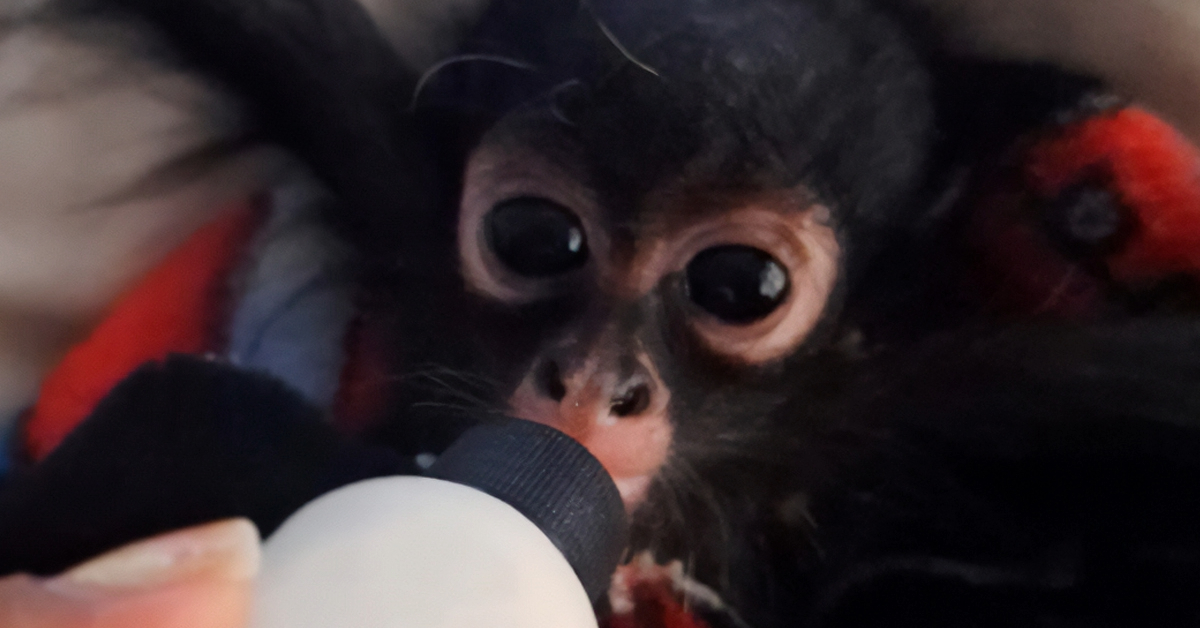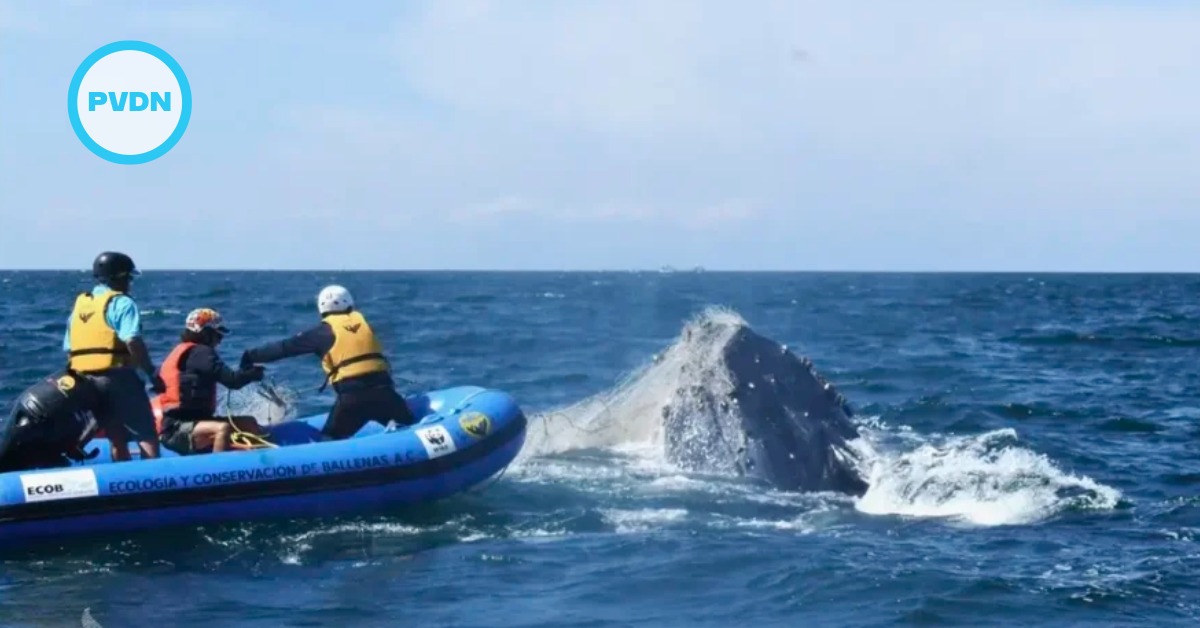Profepa rescued a spider monkey and 25 parrots, including four chicks, from wildlife traffickers on the Campeche-Mérida highway. Authorities urge the public to report crimes against protected species.
In a recent operation targeting wildlife trafficking, federal environmental authorities in Yucatán rescued a spider monkey and 25 parrots that were being transported illegally. The dramatic seizure occurred along the Campeche-Mérida federal highway when two individuals were intercepted by state police and found to be in possession of the protected animals without valid documentation.
The joint operation was . . .







